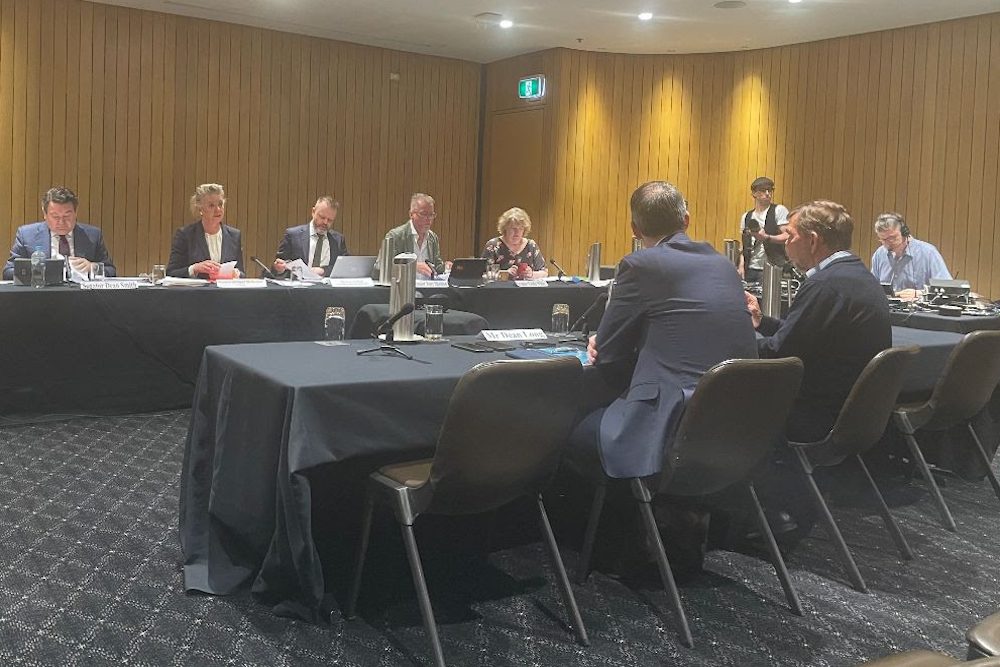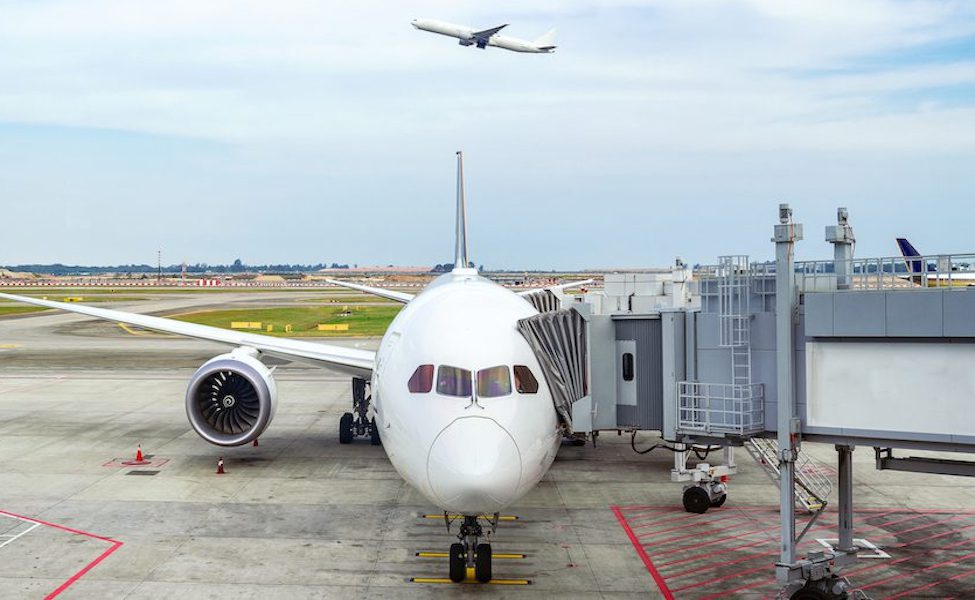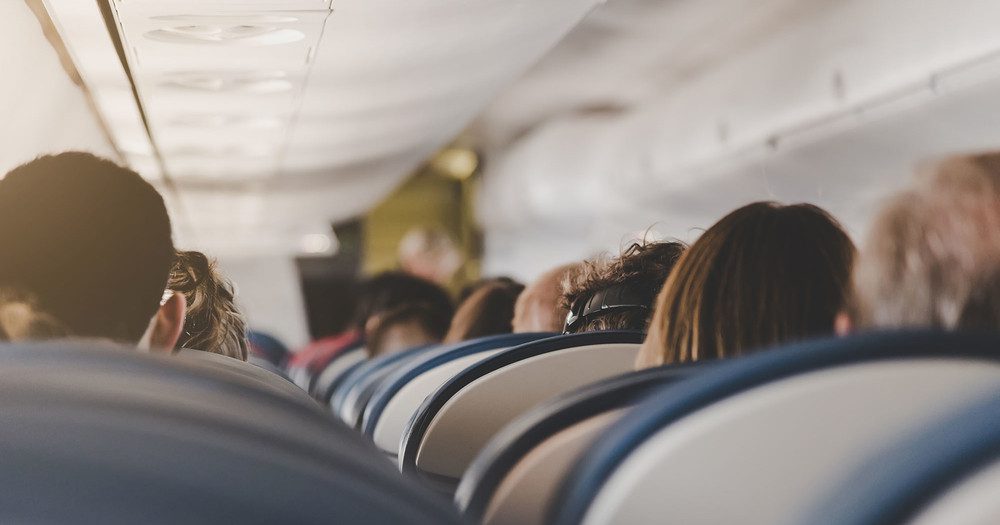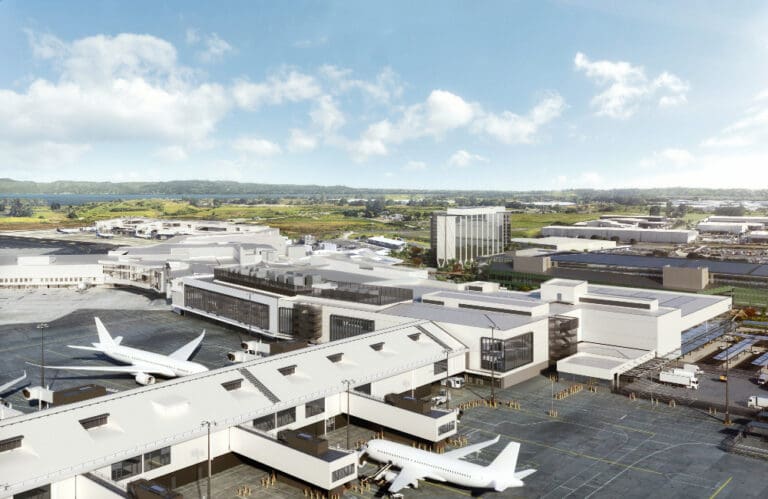Today, the Australian Travel Industry Association (ATIA) took centre stage before the Senate Committee Inquiry into Bilateral Air Service Agreements – and its mission was clear: to argue for urgent reforms in a sector that affects every traveller.
ATIA says its submission to the inquiry flags the glaring flaws within the current system, in which decisions are often made without a full understanding of how they impact passengers.
The call for reform is not just a matter of importance; it’s a necessity, the association asserts, adding that everyone with a stake in the travel industry, and not just airlines, deserves a voice in determining supply and demand.
One issue that comes to bear is the unintended consequences of the New Distribution Capability (NDC) on Australian consumers.
While NDC’s adoption has ushered in a new era in airline distribution, it has also empowered airlines to become sole price makers.
And ATIA says this new authority allows them to enhance profit margins on their most affordable products without facing market competition pressure.
As airlines wield greater control over pricing, it’s passengers and travel agents who bear the brunt of this shift, it adds.

Calling for a “revolution rather than a recalibration of Australia’s aviation industry”, ATIA believes the reforms of most importance are:
- The need to simplify refund rights for consumers where a flight is cancelled and passengers not accommodated on the same day like that present in the EU for statutory compensation in certain instances of delay or cancellation
- An expansion of Australia’s ‘open skies’ air services agreements from nine to a level comparable with leading aviation markets (US has 100 open skies agreements, Canada 23)
ATIA also highlighted significant fare increases, which “have not been confined to a specific class of travel”. With international fares from Sydney in 2023 up to 99 per cent higher than pre-COVID, some of the highest price increases across cabins include:
- Sydney to Hong Kong – Economy –$853 one-way (+81% increase)
- Sydney to Los Angeles – Economy –$1254 one-way (+67% increase)
- Sydney to Dubai – Economy –$853 one-way (+64% increase)
- Sydney to Dubai – Premium Economy – $2224 one-way (+99% increase)
- Sydney to Doha – Premium Economy – $959 one-way (+72% increase)
- Sydney to Singapore – Premium Economy – $1057 one-way (+59% increase)
- Sydney to Doha – Business/First – $3165
80-year old system

According to ATIA CEO Dean Long, today’s inquiry offered “a pivotal opportunity to address the issues that have long plagued Australia’s aviation industry and air ticket distribution landscape”.
“The current system determining which airlines can operate in and out of Australia was established in 1944. This system was designed to protect the interests of national carriers which at that stage were largely government owned. While times have changed, the system has not,” Long remarked.
“Despite ATIA’s members selling a staggering 10 million tickets, amounting to a total value of $14 billion over the past 12 months until August, the Department of Transport fails to consider their perspective when deciding which bilateral aviation agreements to approve.
“There is a critical and compelling need to redefine national interest in decision-making. ATIA’s submission highlights the critical flaws in the existing system where decisions are made without a comprehensive understanding of their impact on passengers.”

Long said ATIA’s submission “also highlights the detrimental effects of the New Distribution Capability on Australian consumers”.
“We are seeing the current application of NDC translate into limited choices for Australian consumers and businesses, increased airfares, and a further reduction in competition within the air ticket distribution market,” he stated.
“We have a good relationship with our airline partners and we look forward to working further with them on NDC’s adoption to address these issues for Australian consumers and the agents who support them.”
Read ATIA’s submission in full here.
Last month, ATIA took centre stage in its own reform, as it rebranded from the Australian Federation of Travel Agents (AFTA) to ATIA.





